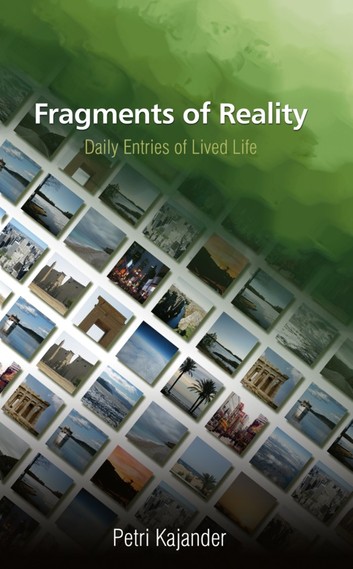There is plenty of confusion and chaos around us. Many
things seem not to make much sense, and drastic changes
happen. Leaving out natural disasters and environmental
incidents, humans create much of this confusion.
How does a confused person behave? He or she is insecure
and lost in his or her actions. This is literally the case when we
are lost in a strange city and wandering around without any
clear destination. Confusion in our mind is reflected in our
behavior and actions. Similarly, the confusion in the world is a
result of the confusion in people’s mind. This becomes more
apparent by extending the concept of confusion to include
ignorance and imperfect perception as well. We have to live in
a world with incomplete information and subjective interpre-
tation of the events around us. The more our mind wanders
and the less efficient our capabilities of concentration and
objective observations are, the less accurate the picture we can
construct from the things around us. Naturally, this affects
our actions and behavior, which are carried out with the best
of intentions. Still, the outcomes can be less honorable when
observed by more sophisticated understanding.
The confusion always starts from our thinking. First there
is a thought, which then can be reflected in words or directly
in actions (or in nonactions). Our life is based on more or less
a conscious perception of the world and an interpretation of
the events and occurrences on which we react. Most of our
everyday thinking happens without us noticing it at all. It’s
routine-like and “nonexistent” for us. We just act. Still, it is
possible to acknowledge our existence every moment and to
turn it into active being. By being aware of every moment and
action we take (even every thought),we have the possibility to
reduce the confusion and become more aware of our behavior
and its consequences to our surroundings.
The best way to decrease confusion around us is to start
with ourselves and make sure that we, at least, are not increas-
ing the amount of chaos and ignorance in the world. Only
after that can we start to consider helping others (if it is rele-
vant anymore after reaching the first goal perfectly).
This is the original text, and an edited version can be found in the Fragments of Reality -book.

